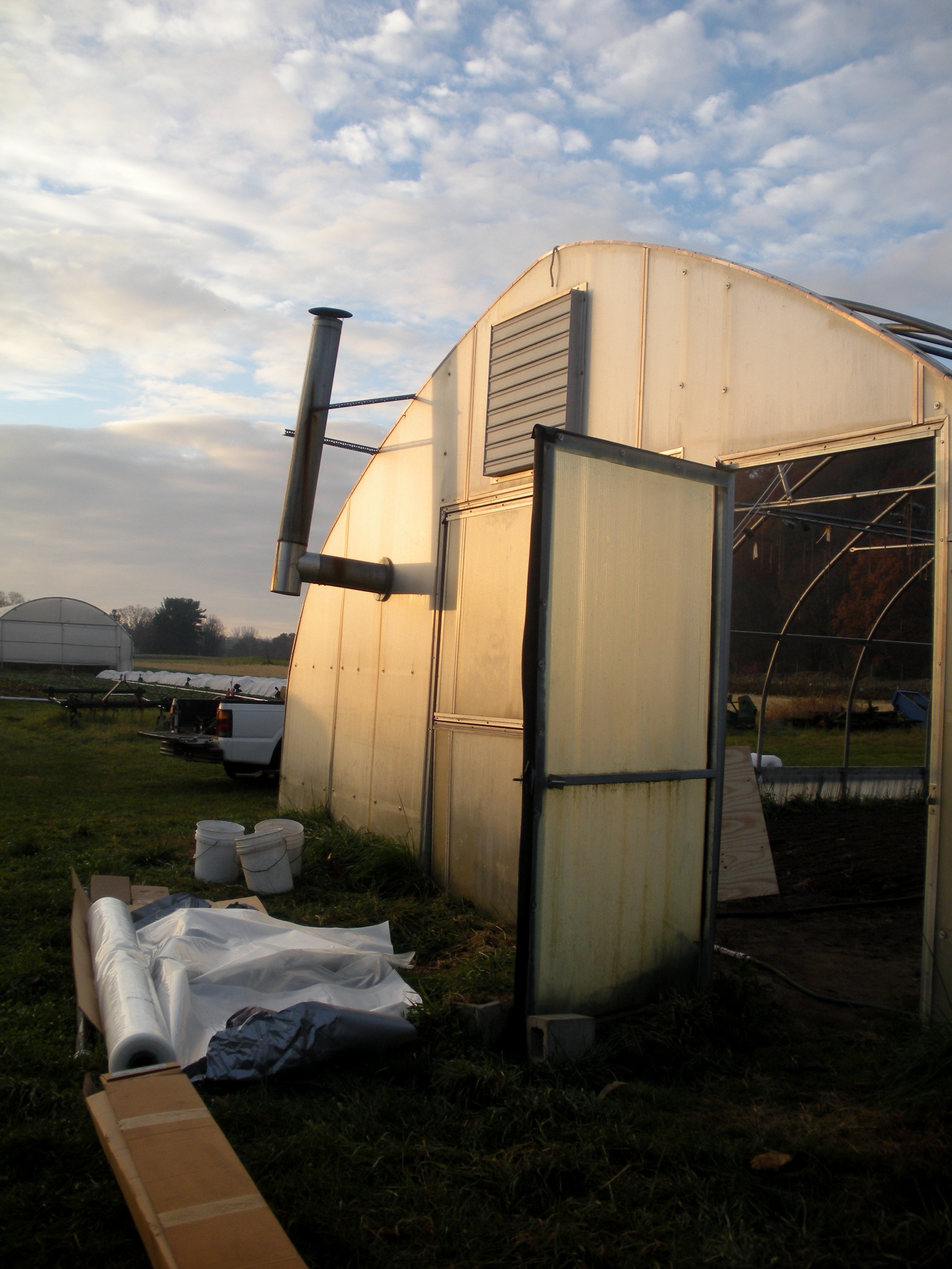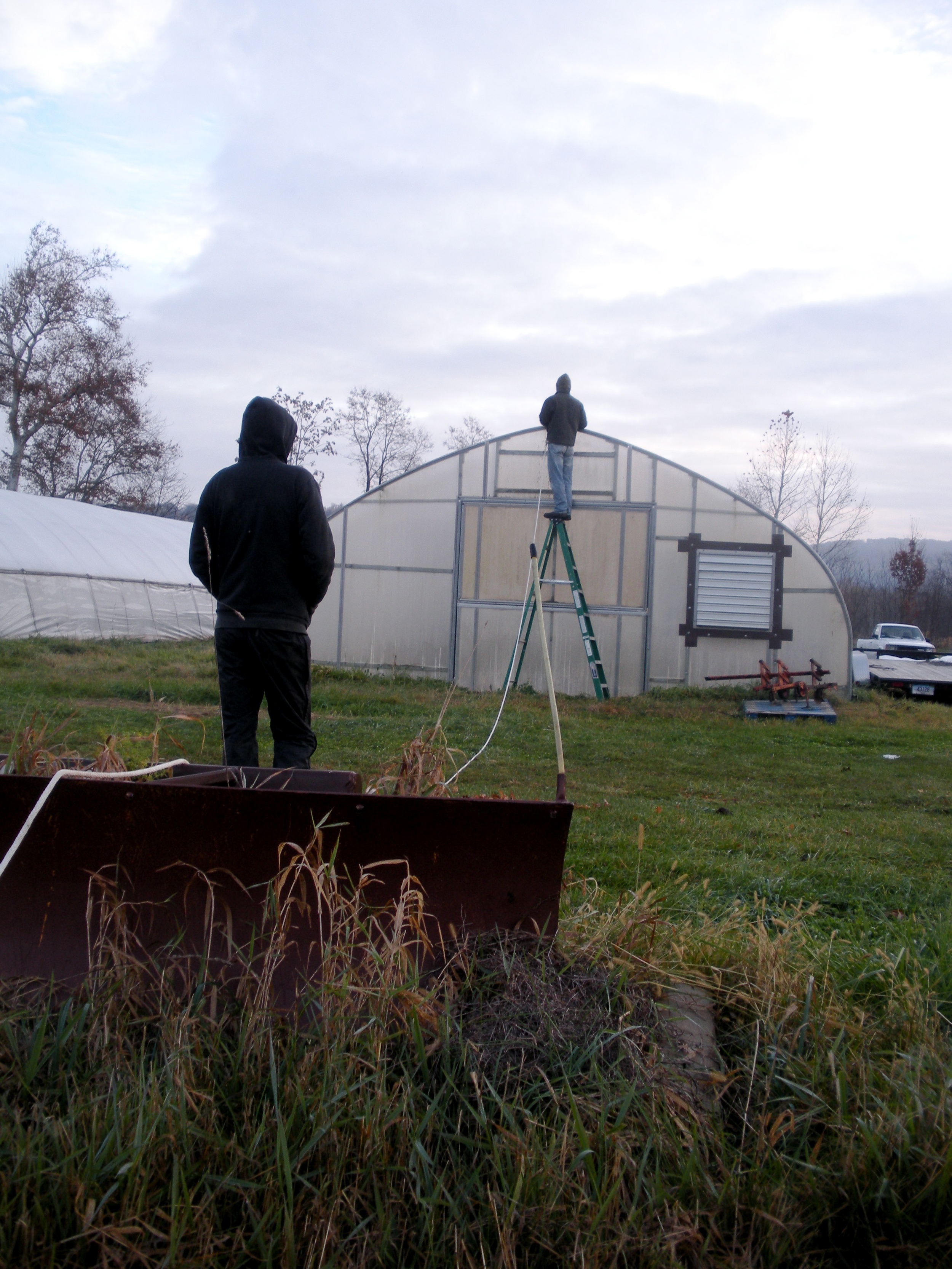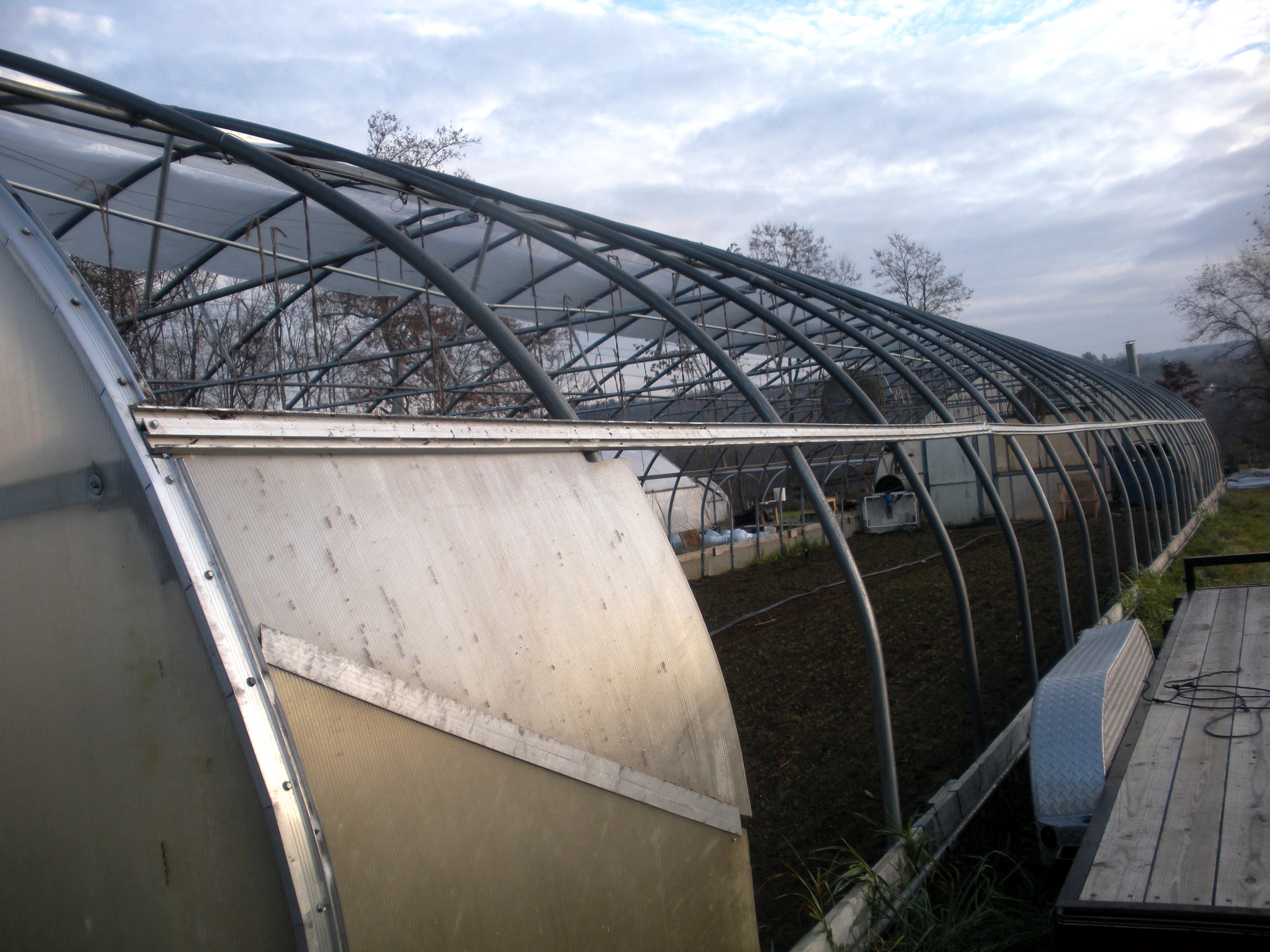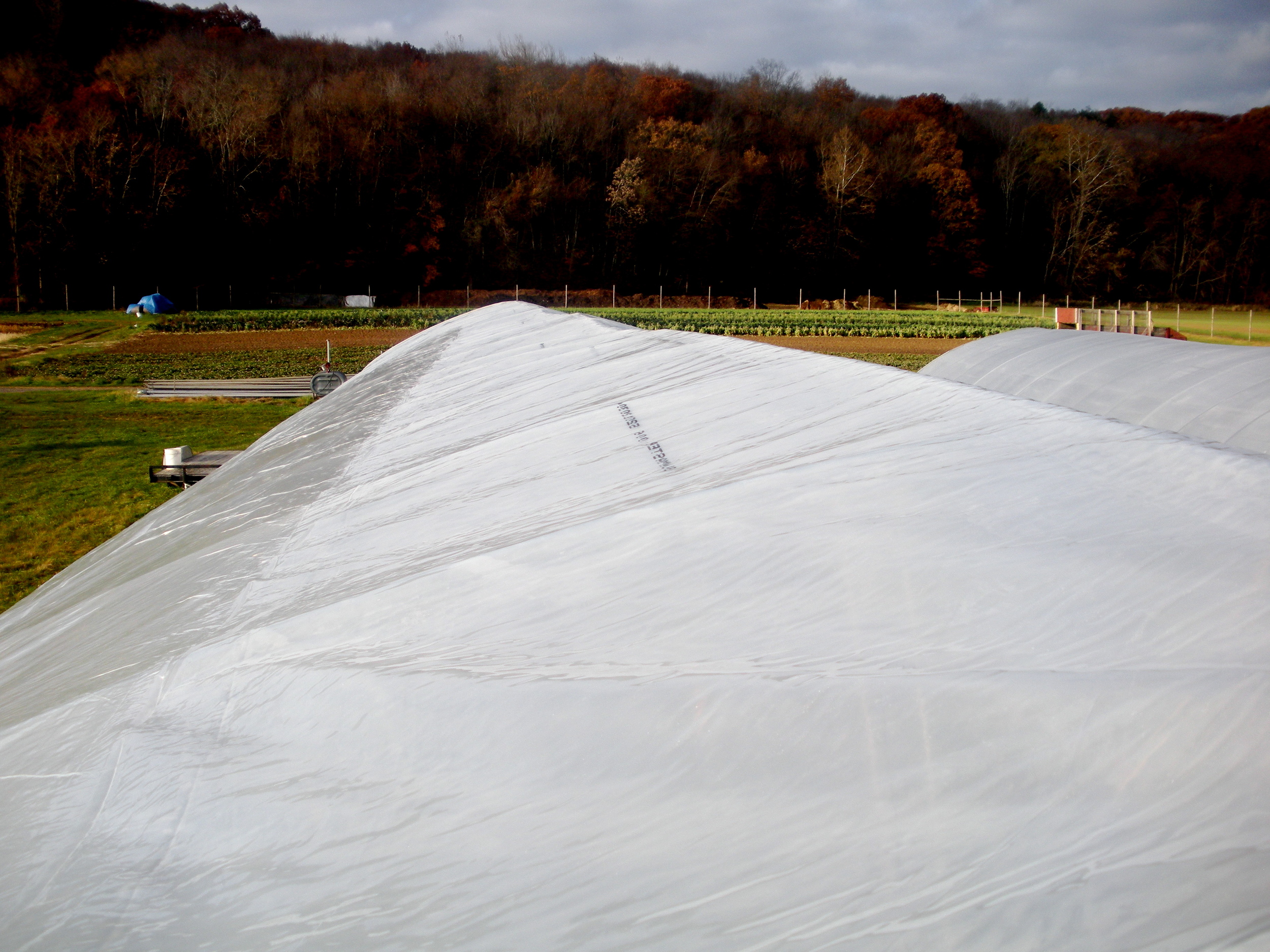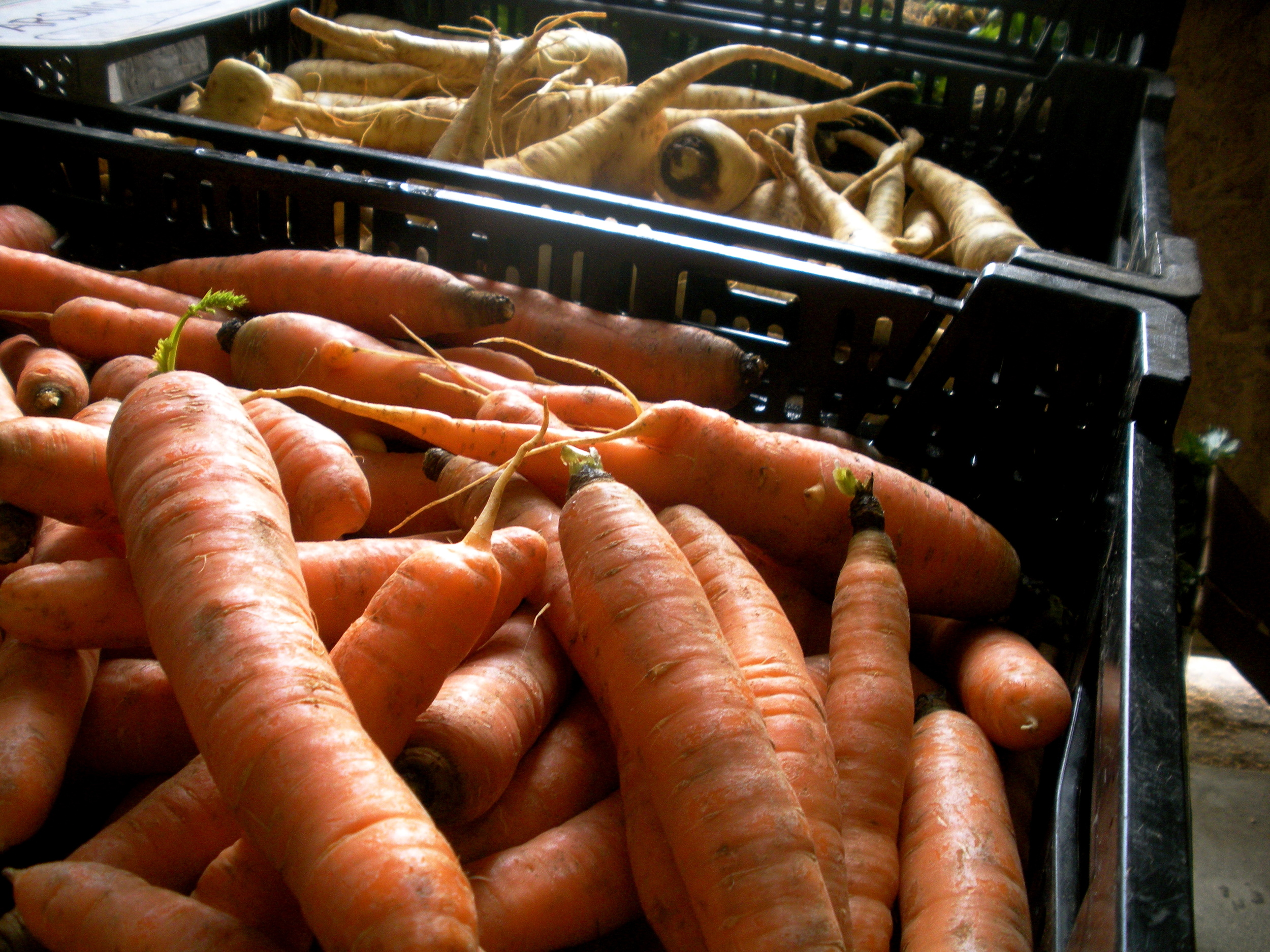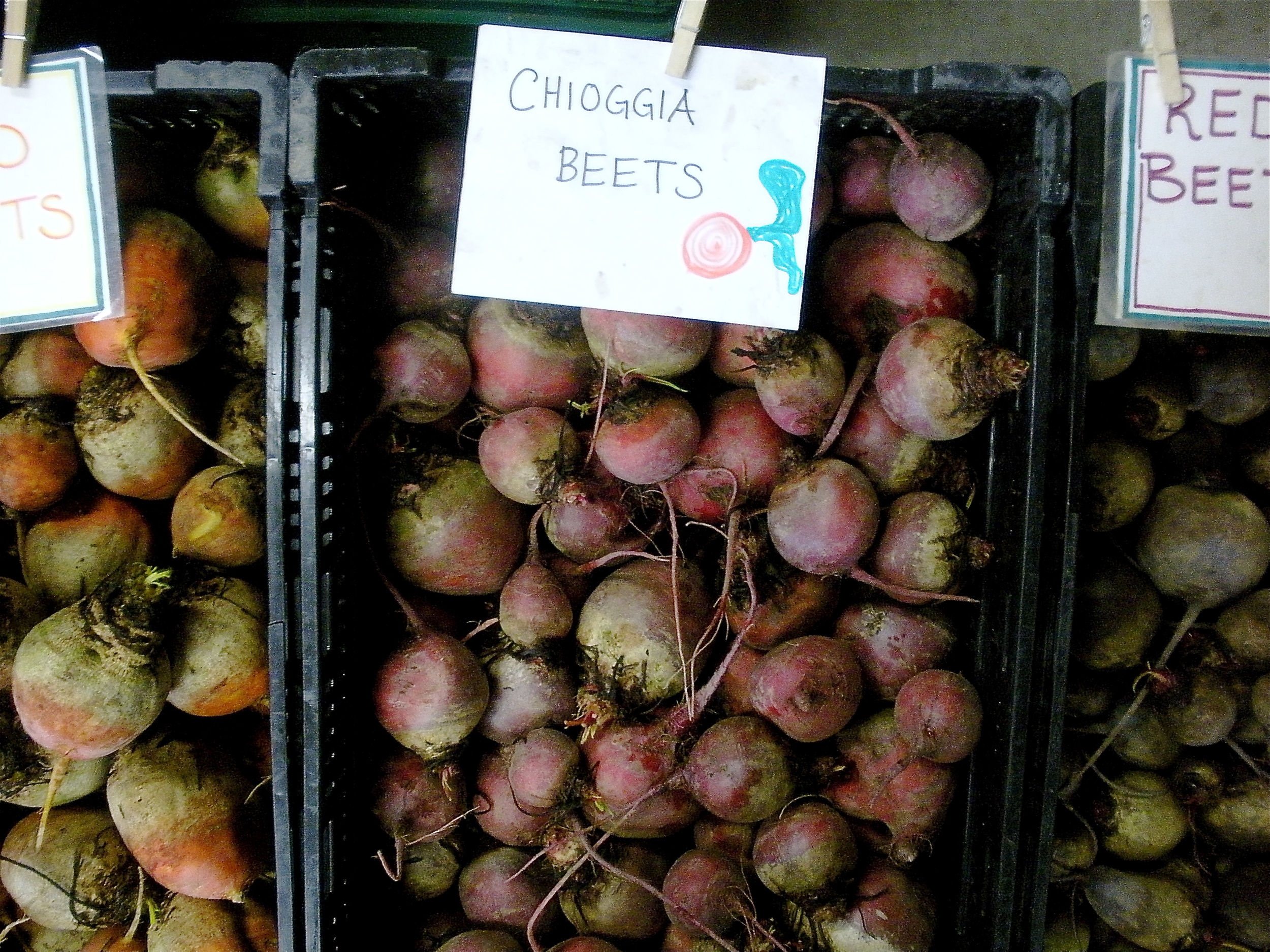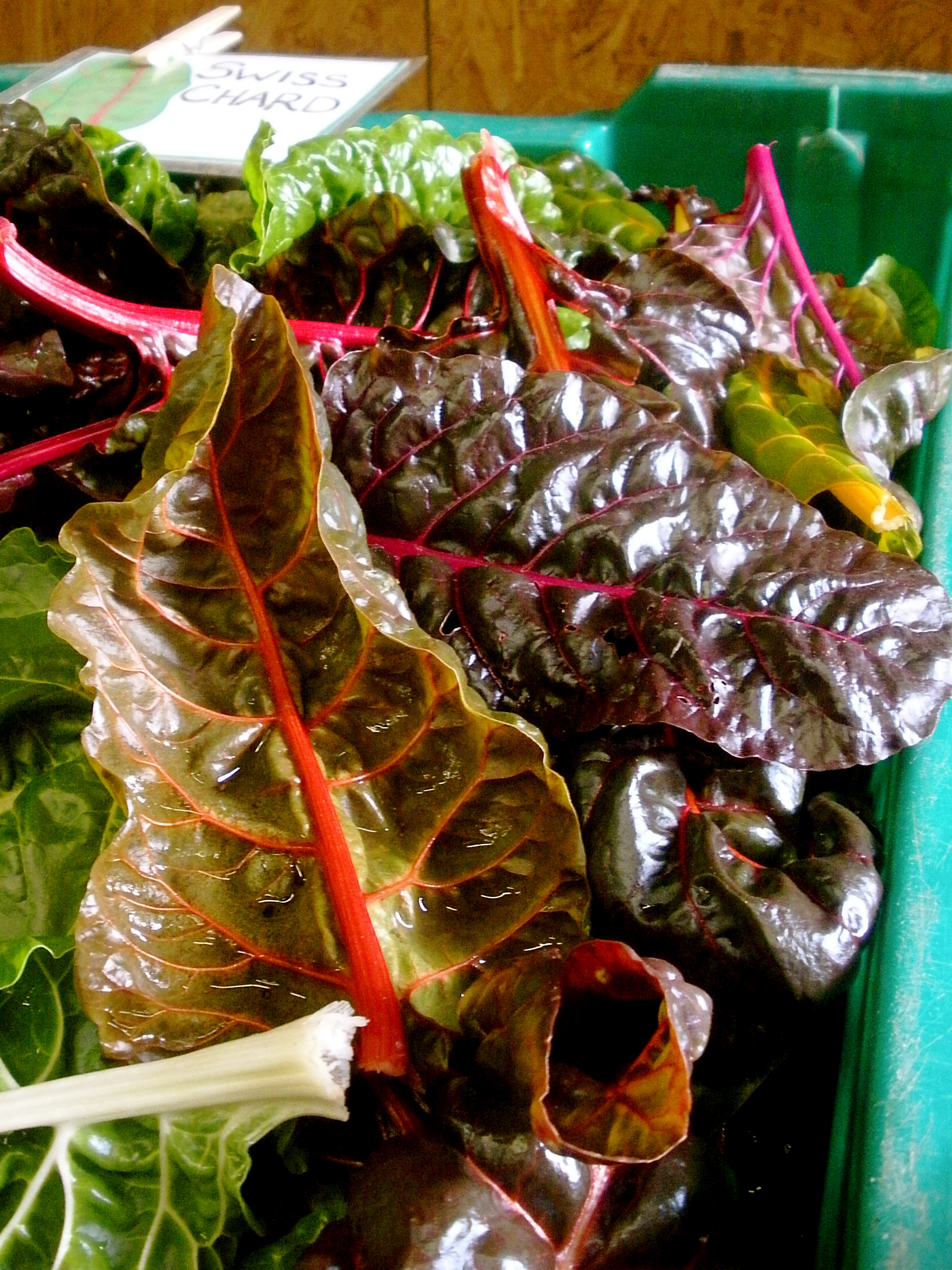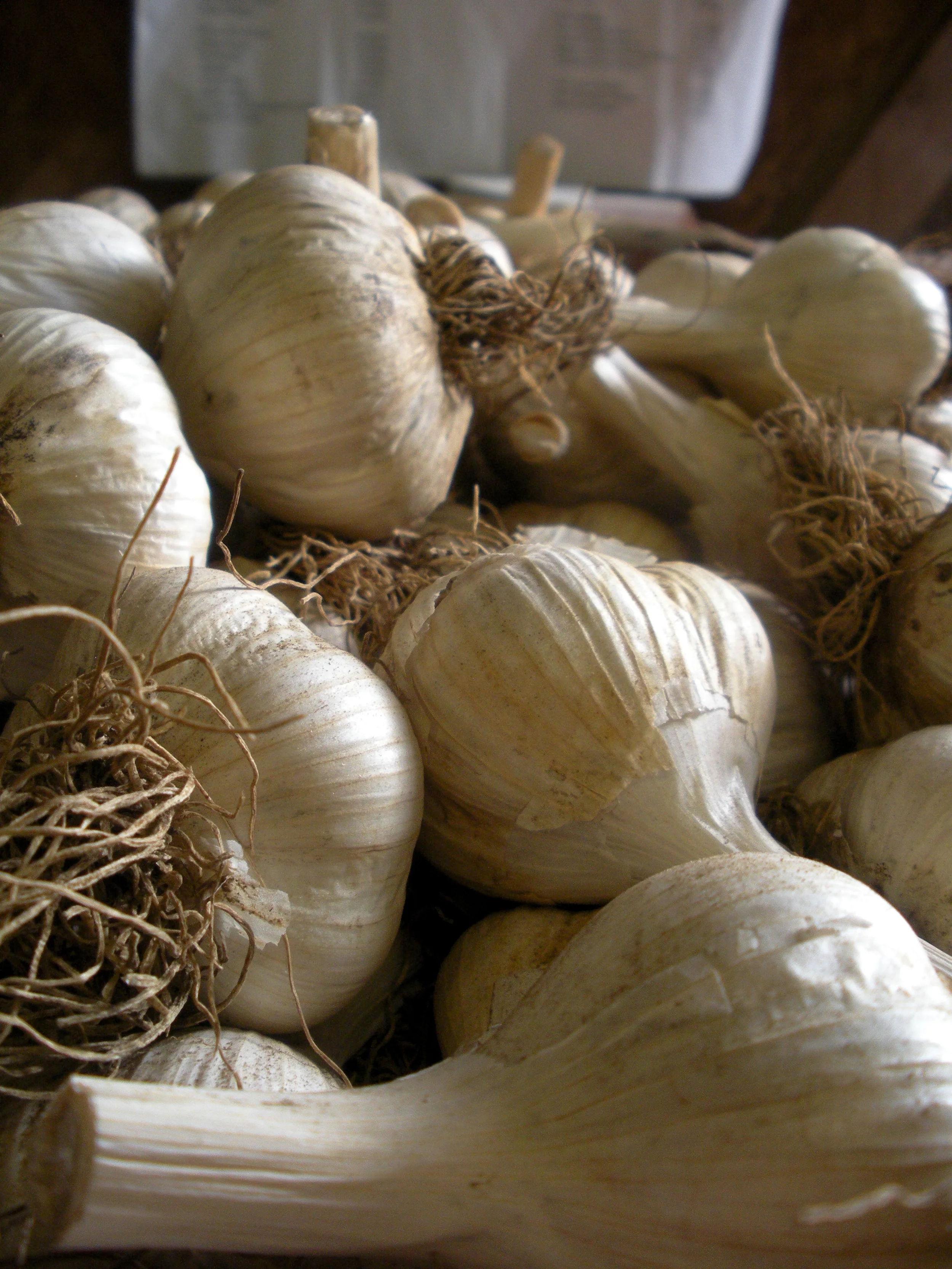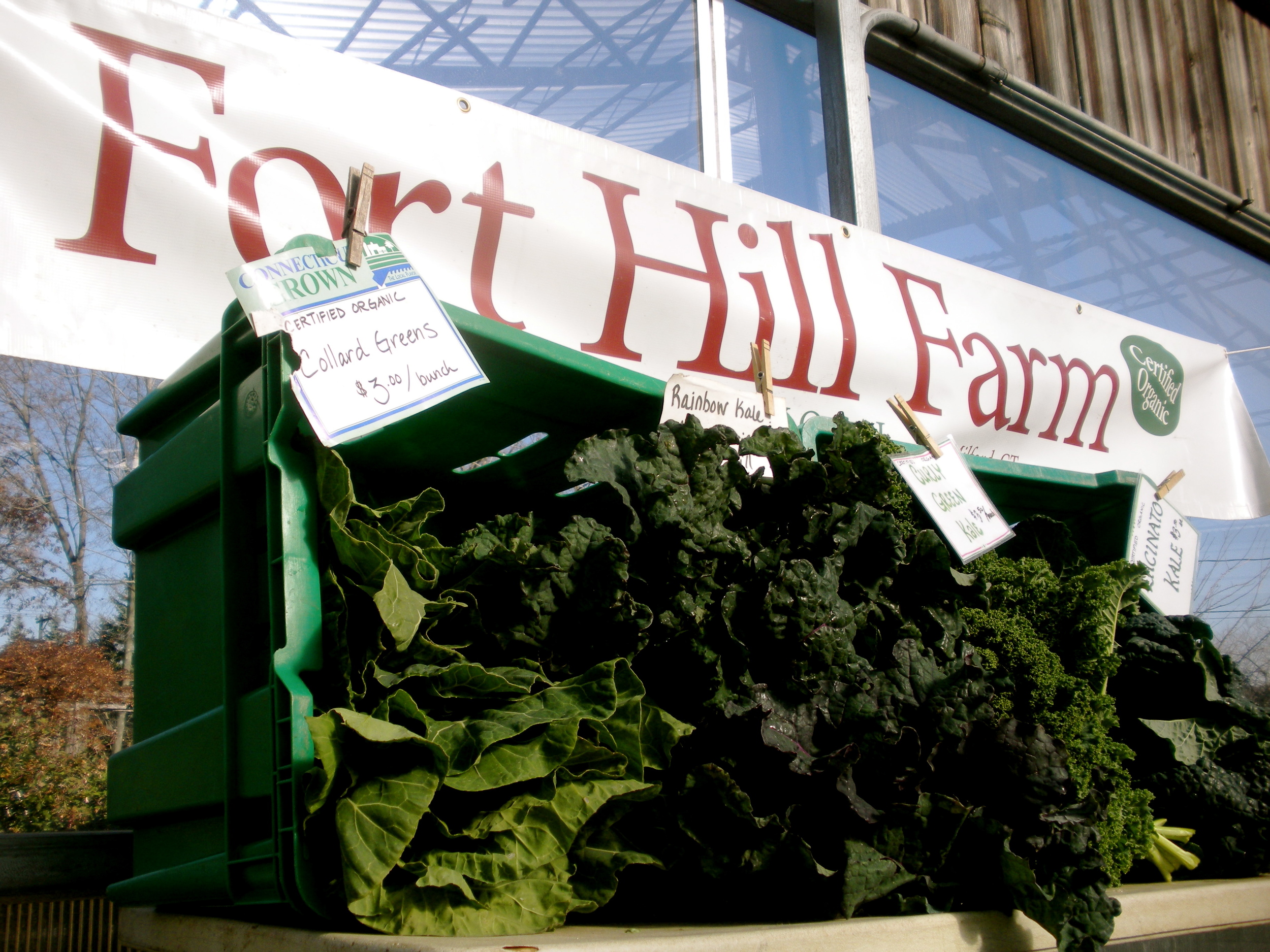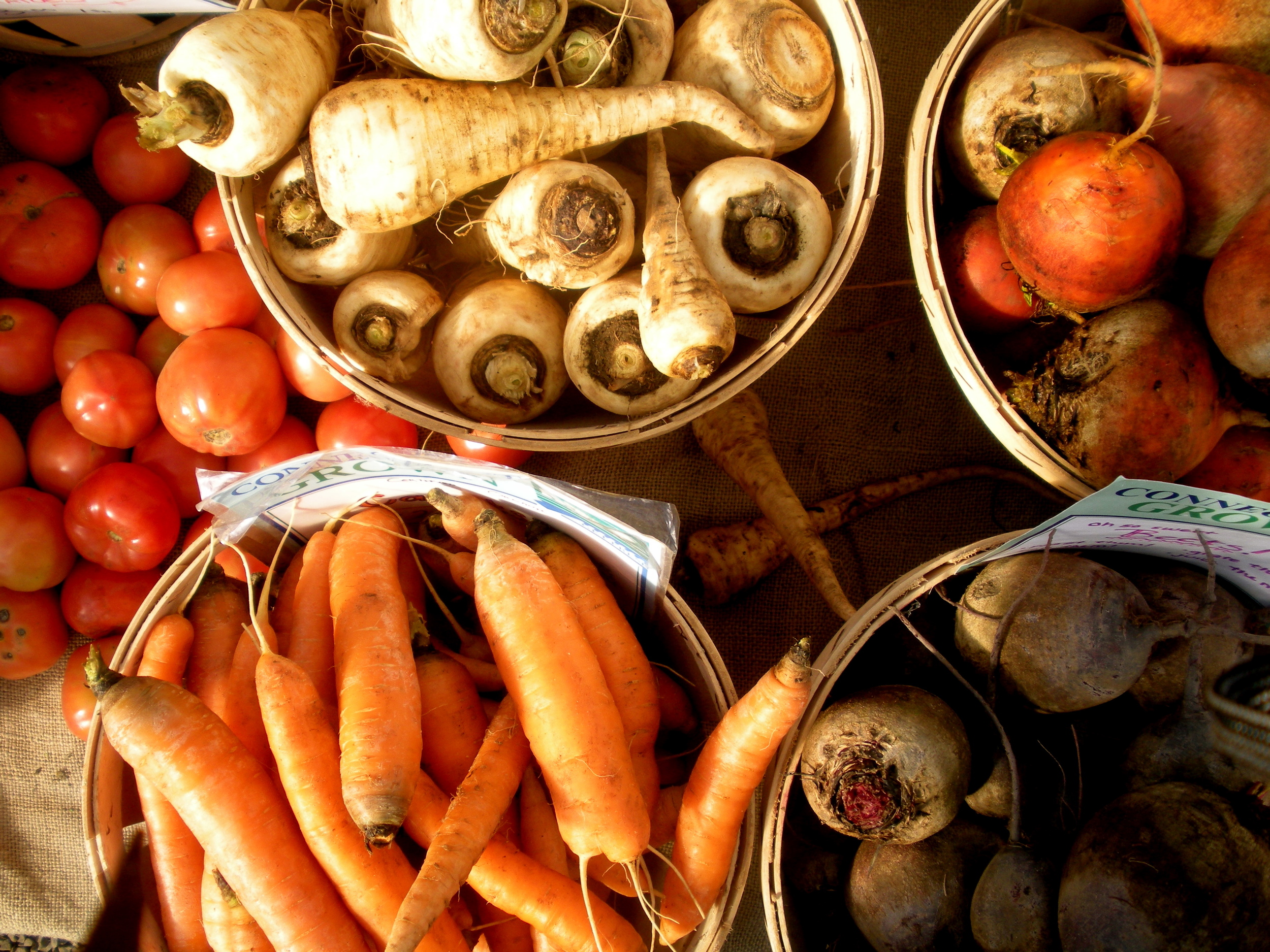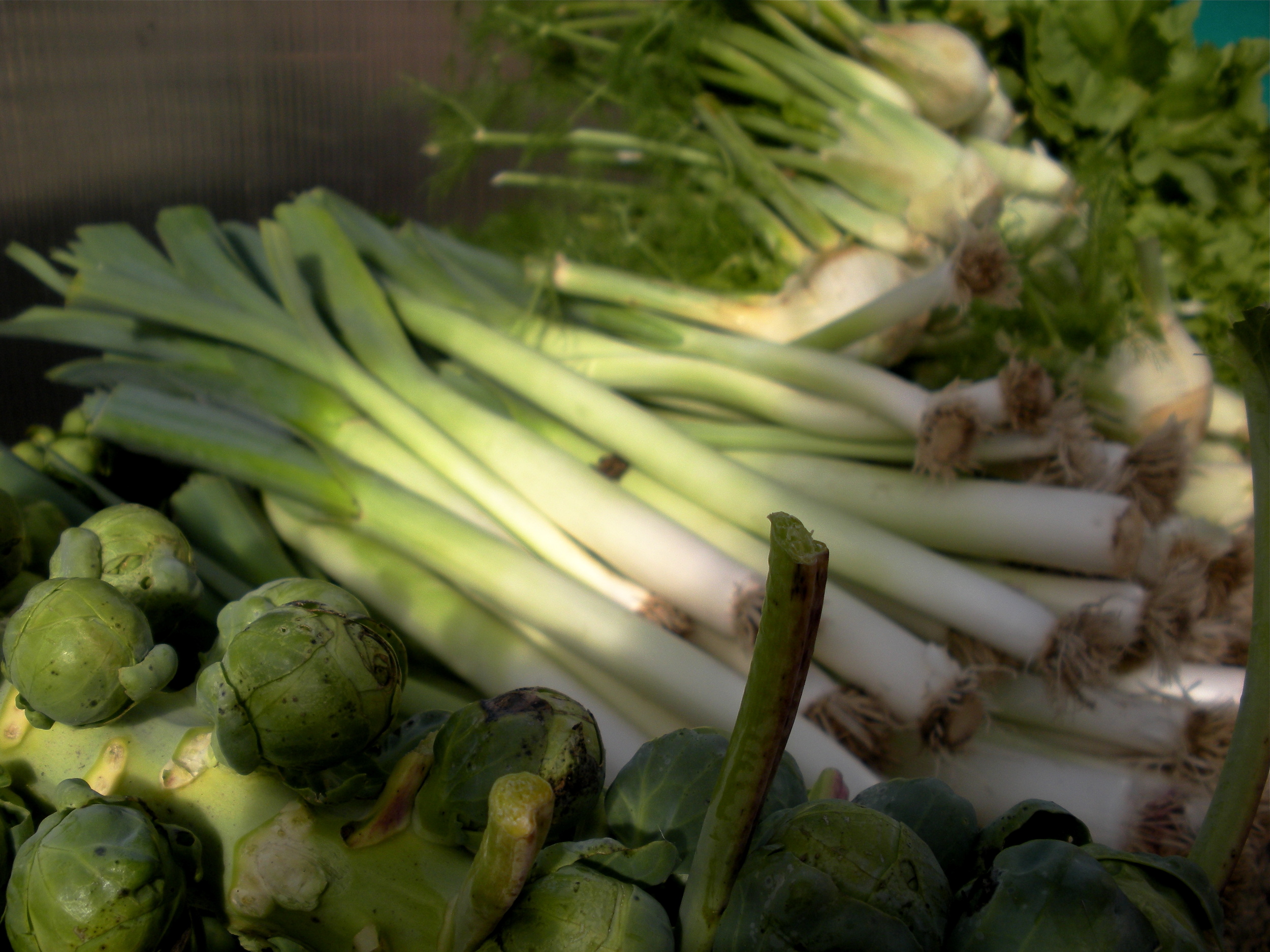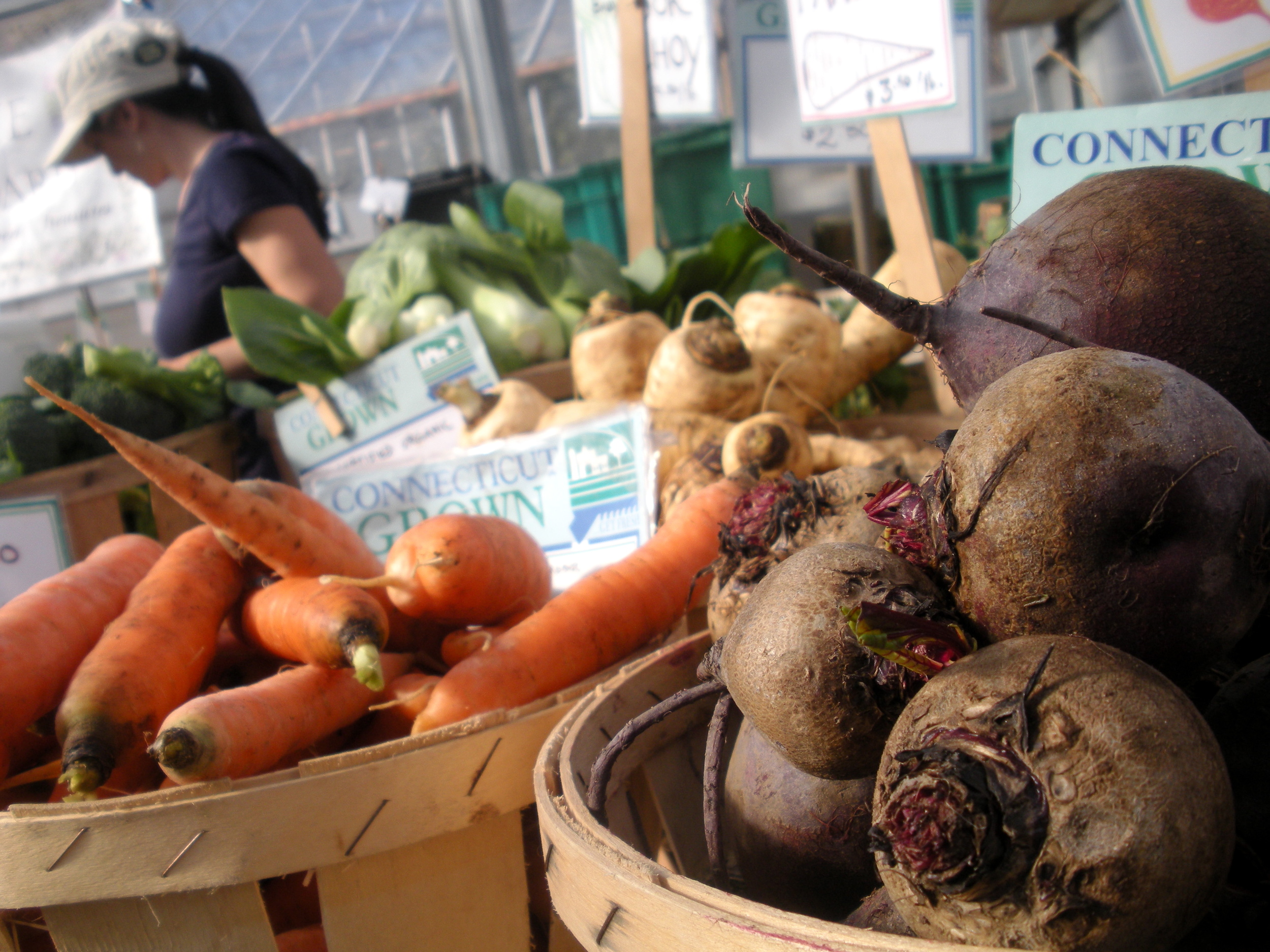The moral of this winter: A commitment to locally grown food requires patience and understanding for both plants and the humans who grow them. Farmers: You're not doing anything wrong - it's just cold, so chill out. (That was a winter pun. Sorry. Ignore it.)
Winter work
“Winter is not a season, it’s an occupation.”
When people find out that I work on a farm during the winter in Connecticut, I do get a few odd looks and the usual set of questions like "There's stuff growing now?" "What do you do?" "Aren't you cold?" Farmers in New England no longer have the luxury of simply retiring for the colder months, and, as a farmworker, I don't really have the option or financial luxury of taking the winter "off." Demand for local food during the late fall to early spring is increasing among consumers, and many farmers are adapting - some begrudgingly - to fulfill this need.
If you watched the video, you should realize that there's nothing romantic or glamorous about winter growing. I've worked a few winter farm seasons now, and I'm still trying to make up my mind if I want to do season extension on my future farm...or if I should just pack up and move somewhere tropical. Some part of your body will always be cold, your nose runs, everything seems much heavier to lift and you seem to be even more beholden to the elements (i.e., loss of light, freezing temperatures that affect water use, the impending doom of snow, etc.) than usual. But, there is something sort of grounding (others may say "soul crushing") about experiencing a farm during these bleaker and starkly beautiful months of the year. Here's a glimpse into what's been going on in my world of early winter season farm work, including indoor farmers' markets, skinning greenhouses and harvesting roots and greens before the really cold temperatures set in.
